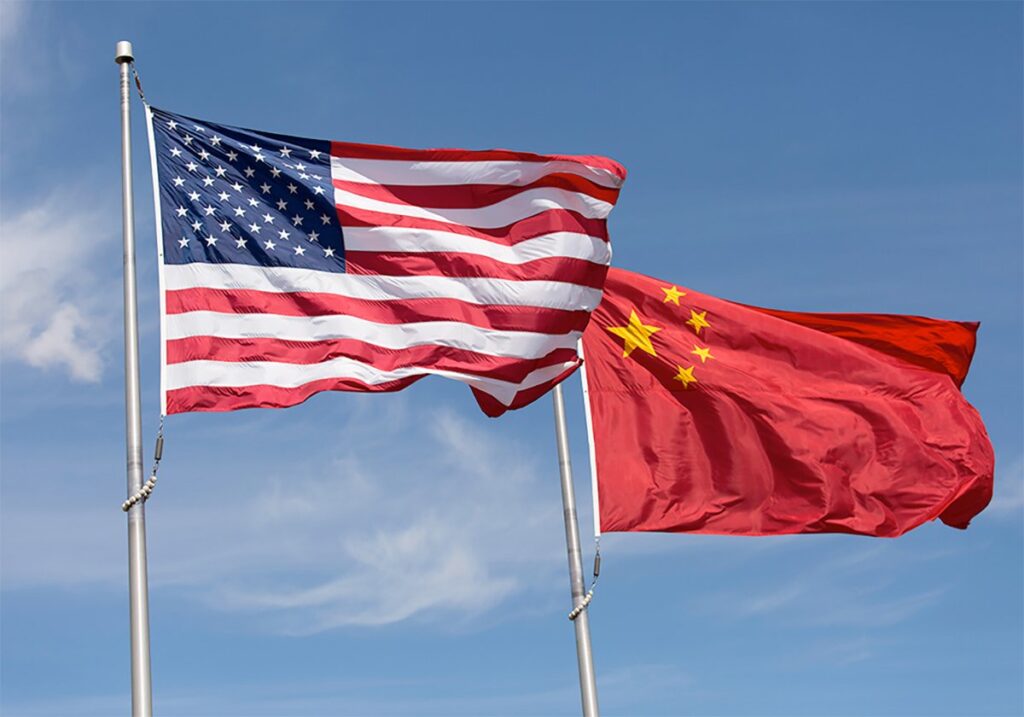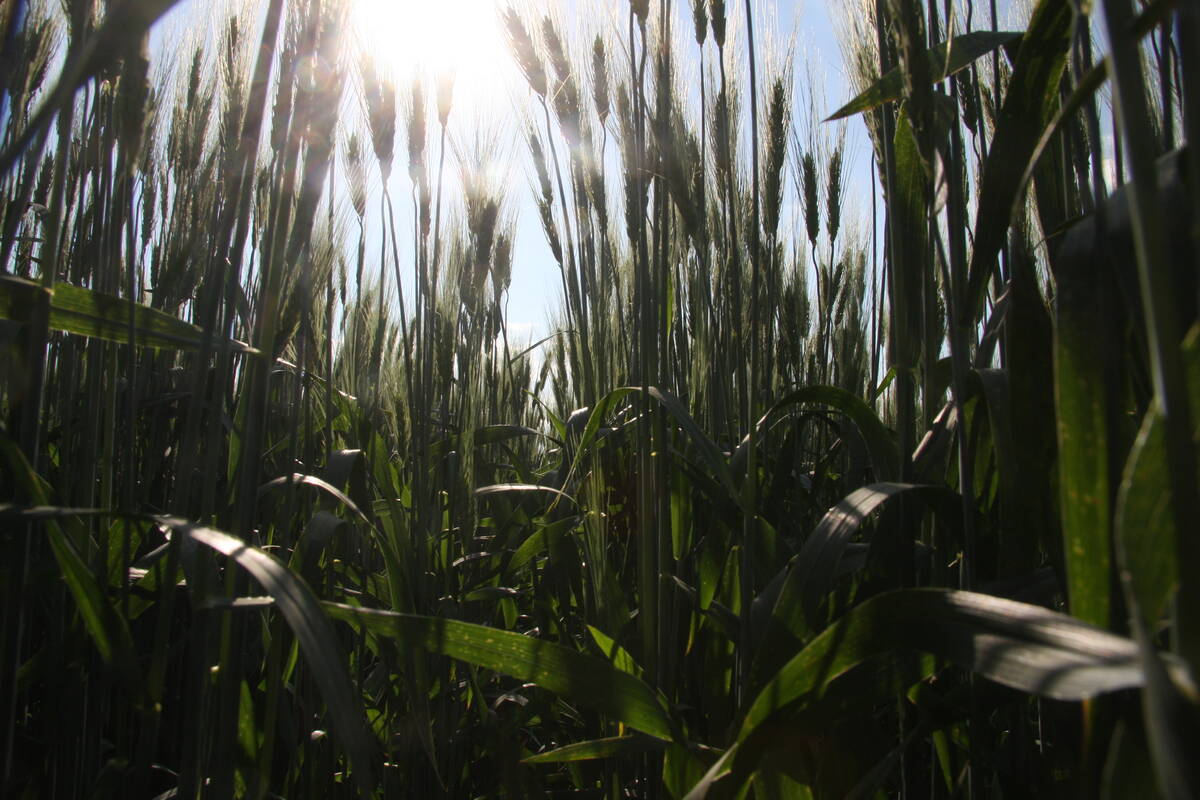Who is likely to win a trade war between the U.S., China?

SASKATOON — China’s slumping economy might not be able to withstand a prolonged trade war with the United States, according to an analyst.
“China’s economy is struggling,” Arlan Suderman, chief commodities economist with StoneX Financial Inc., said in a recent webinar.
Follow all our tariff coverage here
Read Also


Outlook generally bright for global durum crop
Durum crops are a bit of a mixed bag in 2025. Areté Market Intelligence is forecasting 4.33 million tonnes of production in Italy, which is Canada’s largest durum customer.
Consumer confidence is near record lows, the Shanghai Stock Exchange Composite Index is leveling out and foreign investment in the country is shrinking.
Fitch Ratings recently downgraded China’s long-term foreign currency issuer default rating to “A” from “A+.”
“The downgrade reflects our expectations of a continued weakening of China’s public finances and a rapidly rising public debt trajectory during the country’s economic transition,” the ratings company said in an April 3 press release.
“In our view, sustained fiscal stimulus will be deployed to support growth amid subdued domestic demand, rising tariffs and deflationary pressures.”
Suderman said U.S. president Donald Trump’s 125 per cent tariff on US$430 billion of Chinese consumer goods is causing China to stimulate its economy even more, driving up debt in the process.
That is why he thinks the Asian giant is going to lose its tariff war with the U.S.
“I believe China may have taken on a battle they can’t afford to fight,” he said.
American farmers, on the other hand, should be able to withstand plummeting sales to their top soybean market.
Trump’s administration doled out $28 billion in subsidies to American farmers during the last trade spat and is considering another tariff bailout this time around, according to White House press secretary Karoline Leavitt.
MarketsFarm analyst Bruce Burnett doesn’t think China is going to be a pushover during this latest trade tiff.
“They are far better situated than they were the last trade war,” he said.
China’s hog herd was decimated by swine flu during the 2018 trade war.
“They’re now oversupplied with pork,” he said.
China was extremely reliant on U.S. soybeans the last time around, but that isn’t the case anymore due to its shift to Brazilian beans.
China believes it can win the fight, according to a recent Dim Sums blog written by retired U.S. Department of Agriculture economist Fred Gale.
“China’s party line is that U.S. farmers will be hurt more than China by the tariff war because China has diversified its import sources, increased domestic production and reduced the use of soybean meal in animal feed,” he said in his April 9 blog.
China’s tariffs on U.S. soybeans now totals 114 per cent, which could severely restrict trade between the two countries.
However, China has been weaning itself off U.S. agricultural products since the previous trade war in 2018.
Chinese news outlet Caijing reports that China imported $27.5 billion of U.S. agricultural goods last year, or 12.8 per cent of its total agricultural imports.
It has instead turned its attention to South American imports, with Brazil now accounting for 71 per cent of China’s total soybean imports in 2024.
Caijing reports that China has been stockpiling U.S. soybeans, importing more than 16 million tonnes between November 2024 and February 2025 in anticipation of a Trump electoral victory and subsequent trade war.
“The article said that the low moisture content of U.S. soybeans makes them suitable for stockpiling,” said Gale in his Dim Sums story.
“The short-term impact on China’s soybean market will be limited since Brazilian beans are soon to hit the market.”
Weak demand due to China’s failing economy is also reducing demand for meat and subsequently for feed grains and soybean meal.
Dim Sums reports that in 2020, China’s State Council ordered farmers to find substitutes for soybean meal and to adopt low-protein diets that use amino acids.
Gale doubts that has had much impact on China’s annual consumption of about 70 million tonnes of soybean meal because supplies of substitutes are limited, especially now that China has implemented a 100 per cent tariff on Canadian canola meal.
Burnett thinks the bottom line is that both countries will suffer the consequences of any prolonged trade war.
Source: producer.com


